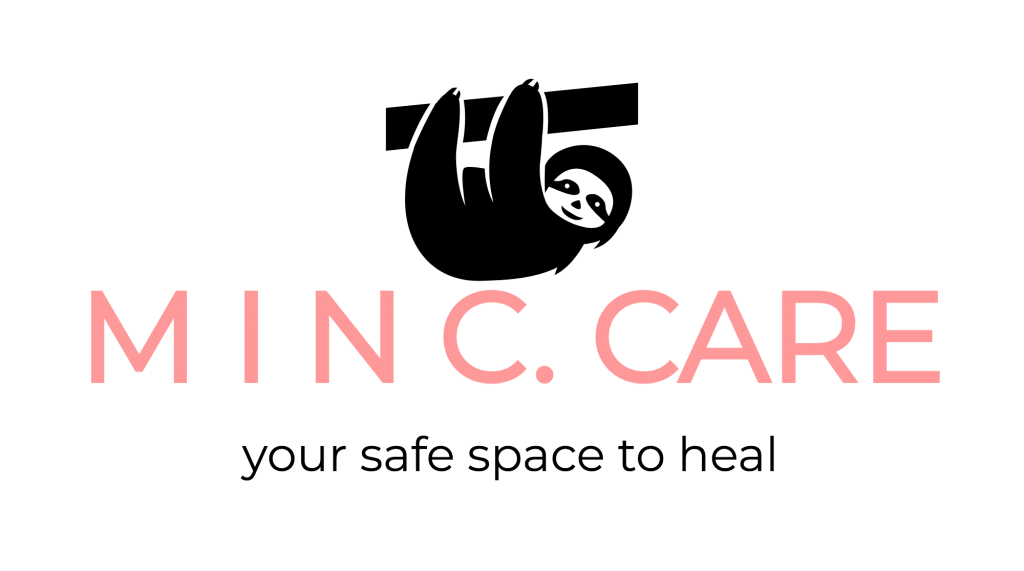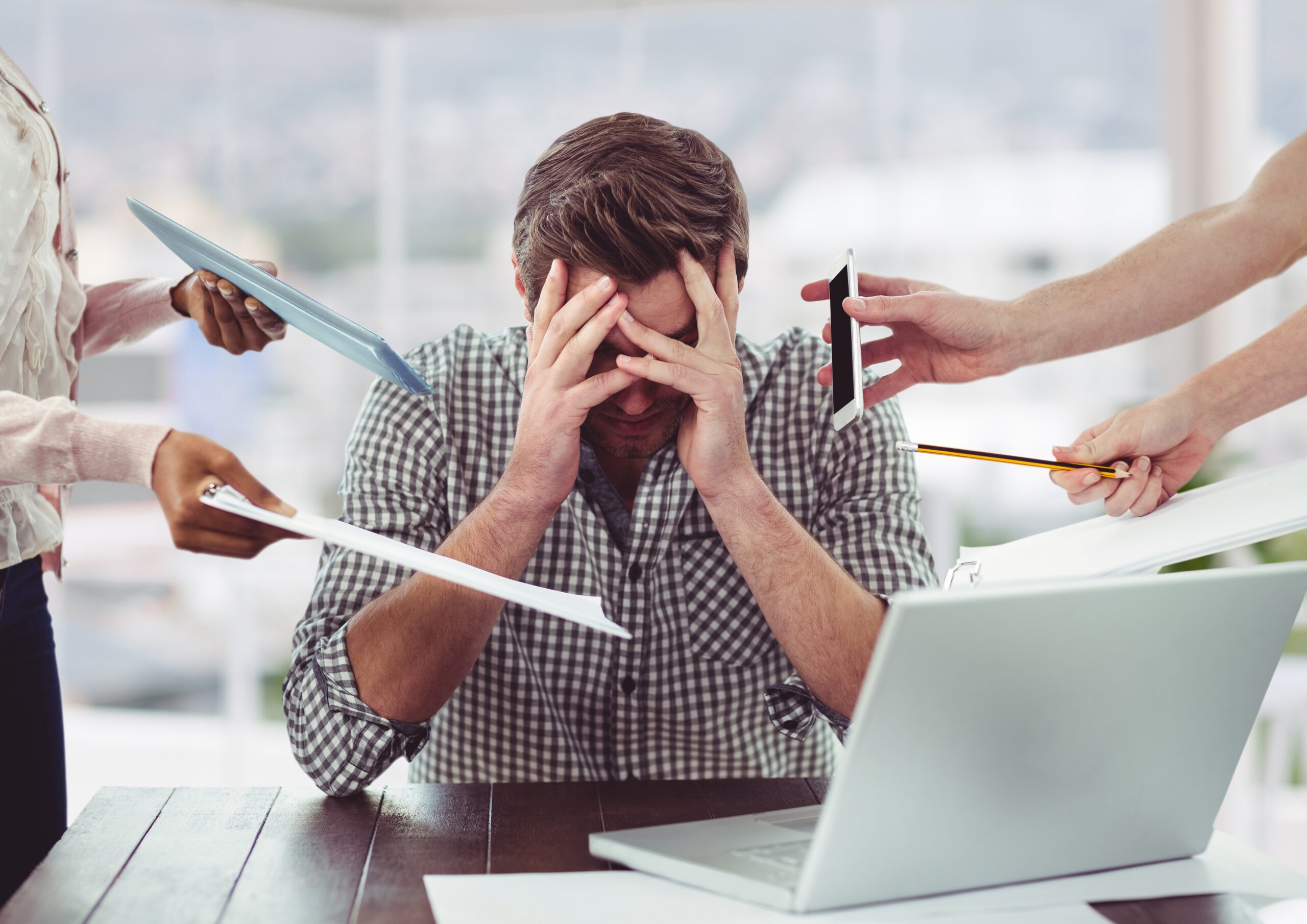
- Mental Health
- July 16,2021
- BY Minnie
- 0 Comments
good stress vs bad stress_Good stress and bad stress_Types of stress
Do you ever find yourself biting your nails or having cold sweats despite being in an air-conditioned room? Or perhaps feel like the insides of your stomach are inside out, as if you were just on a roller coaster ride?
That is probably because you’re feeling overwhelmed, pressured or the topic of today’s blog post – stressed out.
What is Stress?
Stress is a form of physiological and psychological response that the body develops in response to internal or external circumstances (MI Blues Perspectives).
Internal circumstances come from within. Do you ever experience distressing thoughts, any form of physical pain or discomfort, and emotions like sadness or anger? These are all forms of internal factors of stress. External circumstances come from your environment. These are events or situations that have the potential to negatively impact your life.
Contrary to popular belief, stress does not necessarily have to be bad for you. Instead, stress can be beneficial in short bursts and can even motivate you. You can benefit from stress, as long as they are not a constant.
A positive form of stress is called ‘eustress’. If your body responds to stress in a way that motivates, excites, and improves your day, you may just be experiencing eustress. Some common examples of eustress are experienced when moving to a new country, having a baby, or getting married. Eustress can be a vital tool in leading to a more productive way of life.
If you experience stress in a prolonged state, the effects can turn from bad to worse. Negative stress is what you call ‘distress’. Any time you feel overwhelmed and have difficulty returning to a relaxed state, you could potentially be in distress. Thus, being in distress will eventually be manifested in physical and/or psychological symptoms such as headaches, muscle pains, or insomnia.
You could potentially experience distress if you have financial troubles, physical health issues, or even conflicts in your relationships.
It is crucial to combat and manage distress. Otherwise, stress can lead to a lower quality of life. Distress could consequently lead to increased risks for anxiety, depression, or the misuse of substance.
Signs of Distress
When should you seek help? How do you know if your stress is bad for you? Let’s talk about some of the signs (choosing therapy) such as:
- Feeling overwhelmed, anxious, and stressed for over two weeks. Occasionally, feeling overwhelmed is completely common, but it becomes worrying when your anxiety and stress persist for weeks.
- Your sleeping or eating habits start becoming negatively affected by stress. When our stress levels become unmanageable, it subsequently affects other aspects of well-being. This includes sleeping and eating.
- Focusing and daily functions become more challenging. If you find yourself unable to maintain a solid level of focus on your daily tasks, this could be due to high stress. While keeping focus is not always easy, it shouldn’t be too difficult when you have a manageable level of stress.
- When you feel disconnected from yourself or your surroundings. High levels of stress can make you feel cut off from your family, friends, and even your job. It’s understandably difficult and can feel almost impossible to be grounded when you feel overwhelmed.
- Constant unmotivation, sadness, and feeling drained.
- Experiencing suicidal thoughts/ideation.
- Relying on drugs, alcohol, or other unhealthy habits to cope
Do you find yourself experiencing one or more of the aforementioned signs? Contact us at MINC.Care for any one of our services you may need!
Coping Strategies
On the other hand, there are several coping strategies that could help you get a better handle on your stress levels.
- Recognize the signs of burnout
High levels of stress increases the risk of suffering from burnout. Emotional exhaustion is a sign for you to better manage your stress levels. - Self-care
Practice self-care. Any activity you do that helps promote your mental, emotional, and physical health. Comes in many forms, including getting an adequate amount of sleep and having healthy ways to process your emotions, such as journaling. - Practice mindfulness
By being more aware and directing all your attention to the present, you could make fewer errors. It could make you put negative events into perspectives and help pull you out of an emotional rut.
On the whole, it is very easy to take stress lightly. Hence, this is why understanding the extent to which it can affect you is important. Managing stress well and early can improve overall quality of life.
Don’t know where to start? Contact us for coaching and other services to help manage stress. At MINC.Care, we care.
We are also available on Instagram and Facebook, and would love to connect with you!
Article prepared by Arinah, MINC.Care.





